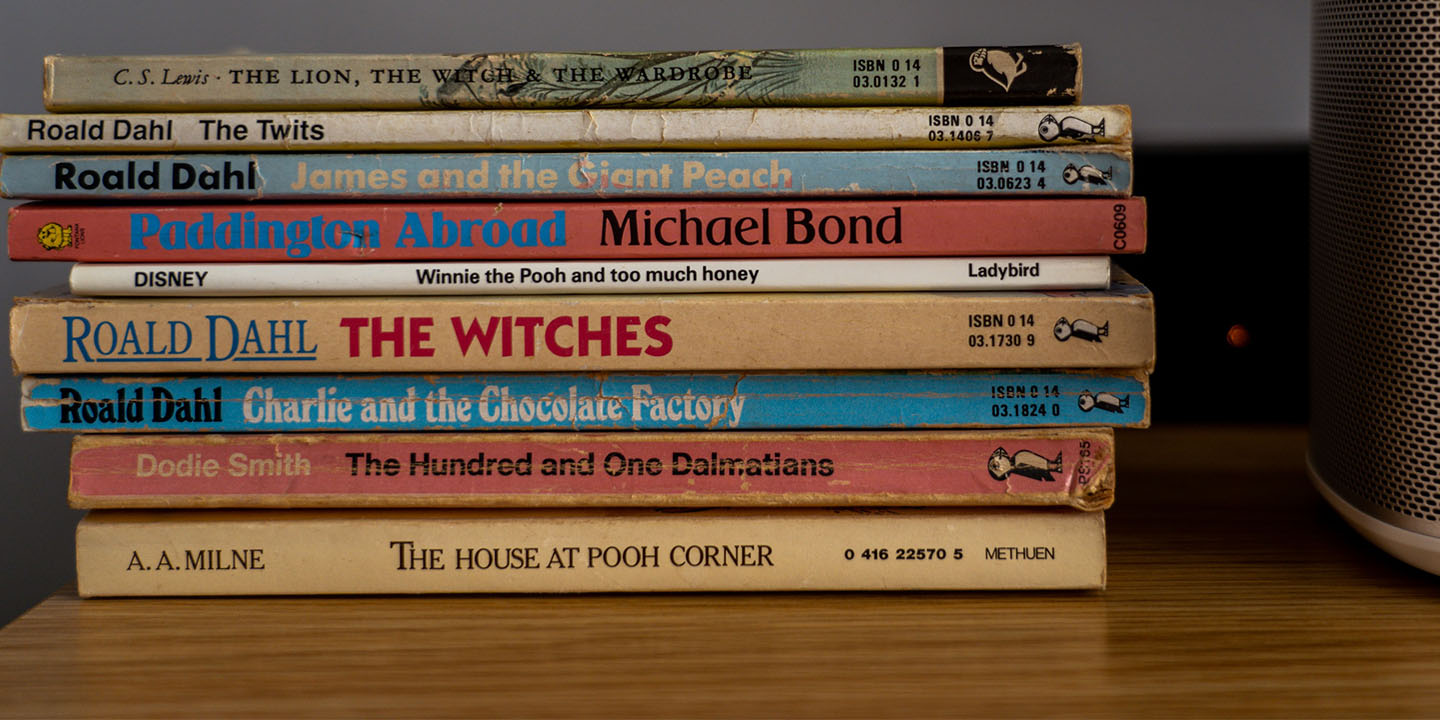All-Ears
Are you a good listener or a bad one? It's easy to think of yourself as attentive and caring, but if the people around you say the opposite, that might be a sign you're not as great a listener as you assumed. How often do you interrupt others when they're talking? How often do you sit back and let them have the spotlight until they've finished their story? Whether you’re genuinely tuned in or just waiting for your turn to talk can reveal a lot about you. Here are 10 signs that you're an excellent listener—and 10 that say you're a horrible one.
1. You Don't Cut In Constantly
An excellent listener is one who doesn't cut in constantly mid-conversation. Even if you have a different opinion or want to make a comment, you patiently wait until the other person is finished speaking before voicing your thoughts.
2. You're Fully Present
A good listener also doesn't have their attention focused anywhere else but on the speaker. This means when someone is talking, you're physically and emotionally tuned into the conversation, and you're not glancing away or thinking about something else that's unrelated to the topic.
 Bewakoof.com Official on Unsplash
Bewakoof.com Official on Unsplash
3. You Chip in When Necessary
You don't only make small utterances (think "mm-hmm," "uh-huh," "oh, really?") to show that you're listening—you also pitch in when necessary, such as when you're asked for your opinion or you want to make a related comment. These types of feedback allow the other person to know you're present and involved in the conversation, not just zoning out.
4. You Ask Follow-Up Questions
More than just chipping in on the conversation occasionally, you also ask follow-up questions. These queries are always related to the topic at hand and encourage the speaker to continue the discussion or ask them to expand on a previous thought. Doing this shows that you're invested in what the other person is sharing with you.
 LinkedIn Sales Solutions on Unsplash
LinkedIn Sales Solutions on Unsplash
5. You Follow the 80-20 Rule
An excellent listener also tends to follow the 80-20 rule: 80% listening, 20% speaking. That means that 20% of the time, you're chipping in with minor utterances or feedback, or you're asking follow-up questions to continue the conversation. Otherwise, you're mostly just listening until the other person has finished their thought.
6. You Keep the Conversation About Them
As a good listener, you never flip the conversation to make it about you. If someone else is telling you about a horrible experience they had, you don't tell them that "oh, I've had worse," and then turn the discussion around, especially when they haven't finished speaking. Instead, you listen the whole way through, keep the spotlight pointed at them, and, if you have something to add, you say it after they've shared their complete story.
 Christina @ wocintechchat.com on Unsplash
Christina @ wocintechchat.com on Unsplash
7. You Maintain Eye Contact
This doesn't mean that if you're shy and can't maintain eye contact that you're not a good listener; as long as you still show in other ways that you're fully present and attentive, that counts, too. But eye contact is important, as it shows you're focused on the speaker and not anywhere else.
 The Jopwell Collection on Unsplash
The Jopwell Collection on Unsplash
8. You Remember Details
A good listener remembers details, too. If someone tells you that they're dreading an interview at their dream company because of anxiety, and you remember it when you see them again the following week, it shows that you were paying attention to what they were saying, and that you cared enough to keep it in your memory.
 LinkedIn Sales Navigator on Pexels
LinkedIn Sales Navigator on Pexels
9. You Paraphrase or Repeat Certain Tidbits
This doesn't mean you repeat the speaker's every sentence—doing so would have the opposite effect, and it might make the other person feel like you're mocking them. A good listener knows when to paraphrase and when to repeat, which helps keep the conversation moving, and helps them to make sure they fully understand what's being said.
 Christina @ wocintechchat.com on Unsplash
Christina @ wocintechchat.com on Unsplash
10. You Make Others Feel Valued
A good listener makes others feel valued, heard, and seen. This is why people usually go to them for advice or when they need a shoulder to lean on. If you often have friends who seem to exclusively come to you whenever they need to get something off their chest, that could be a very good sign that you're an excellent listener.
What, then, are some signs that say you're a horrible listener instead? Let's jump into that next.
1. You're Always Interrupting
An obvious sign that someone is a bad listener? They're always interrupting. This means you're constantly cutting in to add a thought or comment, even before the other person is finished speaking. You might even do it so often that the speaker just stops talking entirely.
2. You're Scrolling on Your Phone
If your attention is always somewhere else when someone is trying to talk to you, you're probably a bad listener. After all, scrolling on your phone, watching TV, or multitasking in general (when you don't need to be) shows that you're not fully present, invested, or even interested in what the other person is saying.
3. You Switch the Conversation Back to You
Another sign that someone is a bad listener is when they're always switching the conversation back to themselves. Instead of allowing the speaker to expand on their story by asking follow-up questions, you turn the spotlight onto you, whether or not it's relevant to the discussion.
4. You Change Subjects
A bad listener also changes subjects abruptly, switching the topic before the speaker is even finished talking. This shows that you have no interest (or patience) in the conversation, and you don't care enough to let others complete their thoughts.
5. You Try to "One-Up"
More than just switching the conversation back to them, a bad listener also tries to "one-up" the speaker. For example, if someone is sharing how sick they were over the weekend, instead of asking whether they're okay or if they've recovered, you say, "Oh, that's nothing. When I was sick last month..."
 Christina @ wocintechchat.com on Unsplash
Christina @ wocintechchat.com on Unsplash
6. You Forget What They Say
A good listener remembers details; a bad listener forgets what everyone else says except for themselves. If your friends and family constantly have to remind you of something they've already said before, and you're not just forgetting details because your memory isn't the best, that's probably a sign that you're a not-so-great listener.
7. You Face Your Body Away
A bad listener also turns their body away. This shows closed body language, and signals to the other person that you're not paying attention and you don't care about the conversation. If you also don't make the effort to maintain eye contact, that's another red flag.
8. You Zone Out
If you're always zoning out when someone else is talking to you, that also indicates you're a not-so-great listener. This shows that you're too focused on your own thoughts and yourself to care about giving an ounce of attention to other people.
 Aleksandar Andreev on Unsplash
Aleksandar Andreev on Unsplash
9. You Sigh
A bad listener may also sigh in the middle of a conversation. Again, this shows boredom and disinterest, and that you don't care enough to even hide your lack of curiosity in the discussion. Sighing makes the other person feel discouraged as well, as if they're wasting your time.
10. People Don't Come to You for Deep Conversations
If a good listener often has people coming to them for advice and reassurance, bad listeners usually see the opposite. If your friends and family rarely ever reach out to you when they need a shoulder to lean on or someone to share a story with, that's a glaring sign that you're not their first choice for a reason.




















